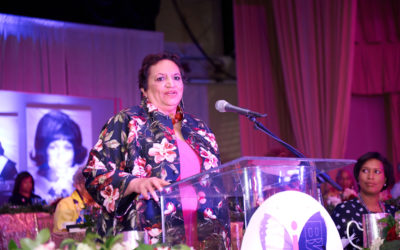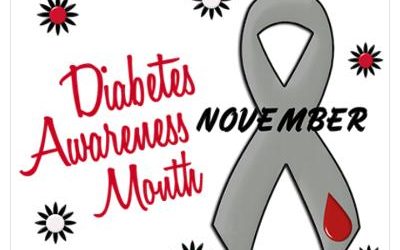Black Women’s Agenda Supreme Court Alert
Schuette v. Coalition to Defend Affirmative Action
On Tuesday, April 22, 2014, in a 6-2 decision, the United States Supreme Court upheld a voter-approved change to the Michigan Constitution prohibiting the use of affirmative action in its state public college admissions. This decision upholds a 2006 Michigan ballot initiative where voters approved a prohibition on race-based admissions at state schools. This decision does not change the ability of schools in states that do not have such bans to consider race as one of the factors in their admissions process. Dealing a blow to affirmative action, the Court upheld the ballot initiative as one method of challenging race-conscious admissions policies. In a plurality opinion, Justice Kennedy wrote: “This case is not about how the debate about racial preferences should be resolved, it is about who may resolve it”. He emphasized that this decision did not disturb the 2003 Grutter v. University of Michigan decision which permitted consideration of race in college admissions policies.
In a strong 58 page dissent that was longer than the four opinions supporting the result and which she read aloud in the courtroom, Justice Sotomayor wrote that although the Michigan amendment was adopted democratically, the outcome nonetheless trampled on the rights of minorities. Justice Sotomayor stated: “But without checks, democratically approved legislation can oppress minority groups”. Further, she stated that judges “ought not sit back and wish away, rather than confront, the racial inequality that exists in our society”. Joined by Justice Ginsburg, Justice Sotomayor wrote, “This refusal to accept the stark reality that race matters is regrettable. The way to stop discrimination on the basis of race is to speak openly and candidly on the subject of race, and to apply the Constitution with eyes open to the unfortunate effects of centuries of racial discrimination.”
Several states, including California and Washington, have similar voter-approved initiatives banning affirmative action in education. As a result, African American and Latino enrollment at the University of Michigan has decreased since the prohibition was passed in 2006. In California, African American enrollment has declined, and Latino enrollment has slightly increased.
It is clear that the debate over the permissibility of race-conscious preferences will continue. It is also clear that race still matters in our country, and that affirmative action and diversity and inclusion initiatives are needed to address historic and current racial and ethnic inequality.
BWA Legislative Committee (April 25, 2014)
OTHER NEWS
BWA 42nd Annual Symposium
WASHINGTON, D.C. – Friday, September 13, 2019 – Six months away from the first 2020 presidential primaries and caucuses, The Black Women’s Agenda, Inc. (BWA) hosted its 42nd Annual Symposium Town Hall and Awards Luncheon, encouraging the nearly 1,800 attendees to flex their political muscle and to help usher in the changes that they want to see in their communities and across the nation.
Joy-Ann Reid, host of MSNBC’s “AM Joy,” moderated the Town Hall, sharing the stage with a panel of journalists, political commentators, and other experts who encouraged participants to live their best lives by giving voice to the issues that are important to them and exacting promises for their support.
Spirit of Change Conversation Series
Relatedness is a basic psychological experience. We all need to feel connected to other human beings: to care and be cared for, and to belong. We believe that bringing our country together starts with meaningful conversation. Our goal is to reduce polarization and social bias, to increase the willingness to engage in meaningful dialogue, and create an increased understanding and appreciation for our differences and similarities.
November is National Diabetes Awareness Month
According to the American Diabetes Association, “1.25 million Americans have type 1 diabetes and 40,000 people will be diagnosed with it this year. Type 1 diabetes occurs at every age, in people of every race, and of every shape and size.
In type 1 diabetes, the body does not produce insulin. The body breaks down the carbohydrates you eat into blood sugar that it uses for energy—and insulin is a hormone that the body needs to get glucose from the bloodstream into the cells of the body. With the help of insulin therapy and other treatments, everyone can learn to manage their condition and live long healthy lives.
Type 2 diabetes is the most common form of diabetes—and it means that your body doesn’t use insulin properly. And while some people can control their blood sugar levels with healthy eating and exercise, others may need medication or insulin to help manage it.
© 2025 The Black Women’s Agenda, Inc. All Rights Reserved. Privacy Policy








